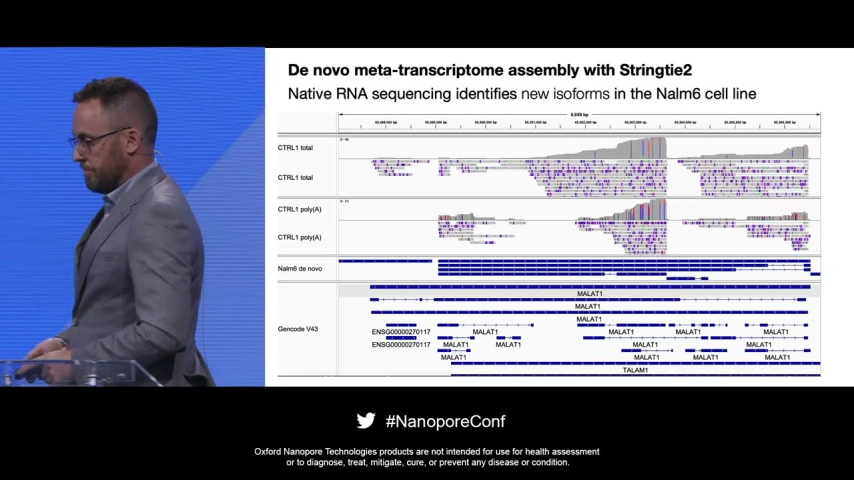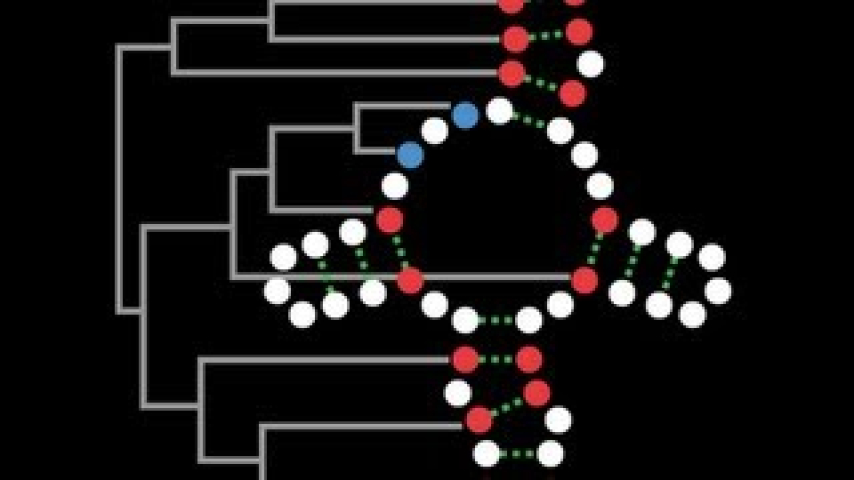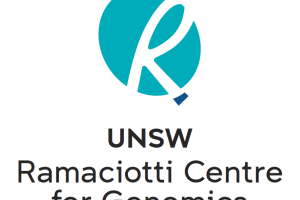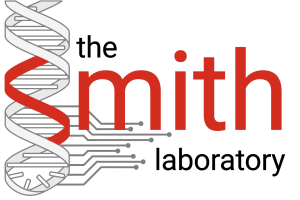
My Expertise
Genomics, DNA sequencing, clinical genomics, machine learning, software, bioinformatics
Keywords
Fields of Research (FoR)
Bioinformatics, Genomics, Epigenetics (incl. Genome Methylation and Epigenomics), Pattern Recognition and Data Mining, Structural Biology (incl. Macromolecular Modelling), Biomedical EngineeringSEO tags
Biography
A/Prof Martin Smith is a computational biologist specialising in transcriptomics, RNA biology, AI, and genomic technology development for research and clinical applications. As Director of the Ramaciotti Centre for Genomics, he ensures the delivery of high-quality, accessible genomic services as part of Australia’s national research infrastructure, supporting excellence in science with real-world impact. His research focuses on the...view more
A/Prof Martin Smith is a computational biologist specialising in transcriptomics, RNA biology, AI, and genomic technology development for research and clinical applications. As Director of the Ramaciotti Centre for Genomics, he ensures the delivery of high-quality, accessible genomic services as part of Australia’s national research infrastructure, supporting excellence in science with real-world impact. His research focuses on the functional characterisation of long non-coding RNAs (lncRNAs) through integrated biological and computational approaches, with particular interest in RNA structure–function relationships, RNA modifications, and the regulatory architecture of mammalian genomes. His group develops and applies nanopore and single-cell sequencing platforms to explore RNA biology in immunology, cancer, and neuroscience.
Martin has a background in biological sciences. After majoring in microbiology and immunology at the Université de Montréal, he undertook a Master's degree in bioinformatics at the Infectious Disease Research Centre in Quebec City, where he studied the genomics of parasitic protists. His interest in regulatory sequences in the non-protein coding genome brought him to Australia, where he completed a PhD in genomics and computational biology at the University of Queensland's Institute of Molecular Bioscience. His thesis (UQ's lucky 10,000th!) demonstrated that a substantial fraction of mammalian genomes harbours evolutionary signatures of molecular function through the conservation of RNA structures.
Dr Smith then leveraged the rise of high-throughput sequencing technologies during his postdoctoral research at the Garvan Institute for Medical Research in Sydney, where he developed new computational solutions for the analysis of human transcriptomic data. As an early adopter of nanopore sequencing technology, Dr Smith then founded the Genomic Technologies Program at the Kinghorn Centre for Clinical Genomics in 2017, where his group developed new genomic applications for real-time single molecule sequencing. In 2019, Dr Smith moved back to Canada to lead a research team at the CHU Sainte-Justine Research Centre (Canada's largest mother-child hospital) and teach bioinformatics at the Department of Biochemistry and Molecular Medicine at the Université de Montréal.
Dr Smith has founded two commercial nanopore sequencing platforms and is listed as an author on several patents. His research interests are focused on transcriptomics and the integration of real-time sequencing and machine learning into new clinical applications.
My Research Supervision
Supervision keywords
Areas of supervision
Machine learning in genomics, mostly focused around RNA (expression profiling, isoform usage, modification detection, secondary and tertiary structure modelling).
Location
Office 2106, Biological Sciences Building South (E26)
Map reference (Google map)
Contact
Publications
ORCID as entered in ROS
Videos




